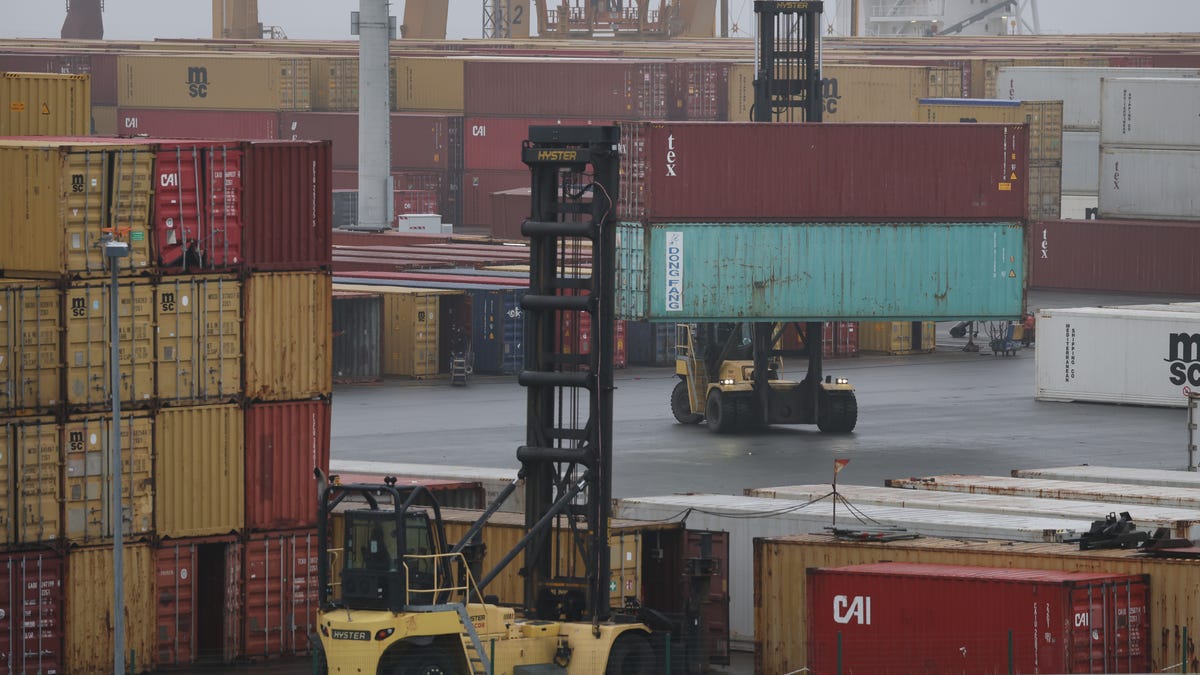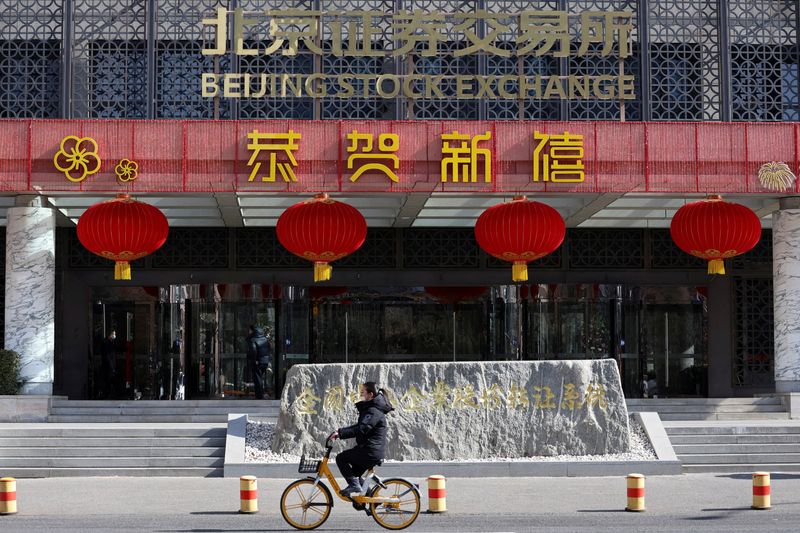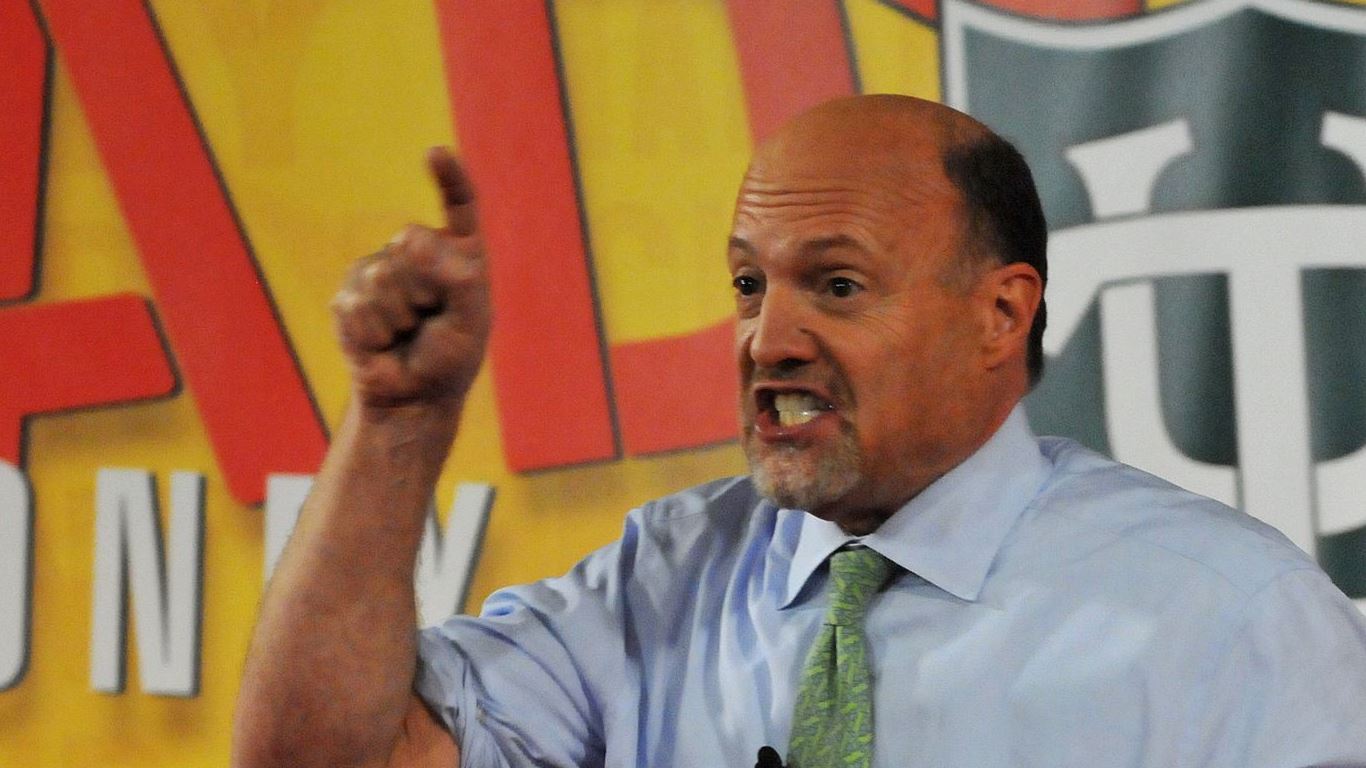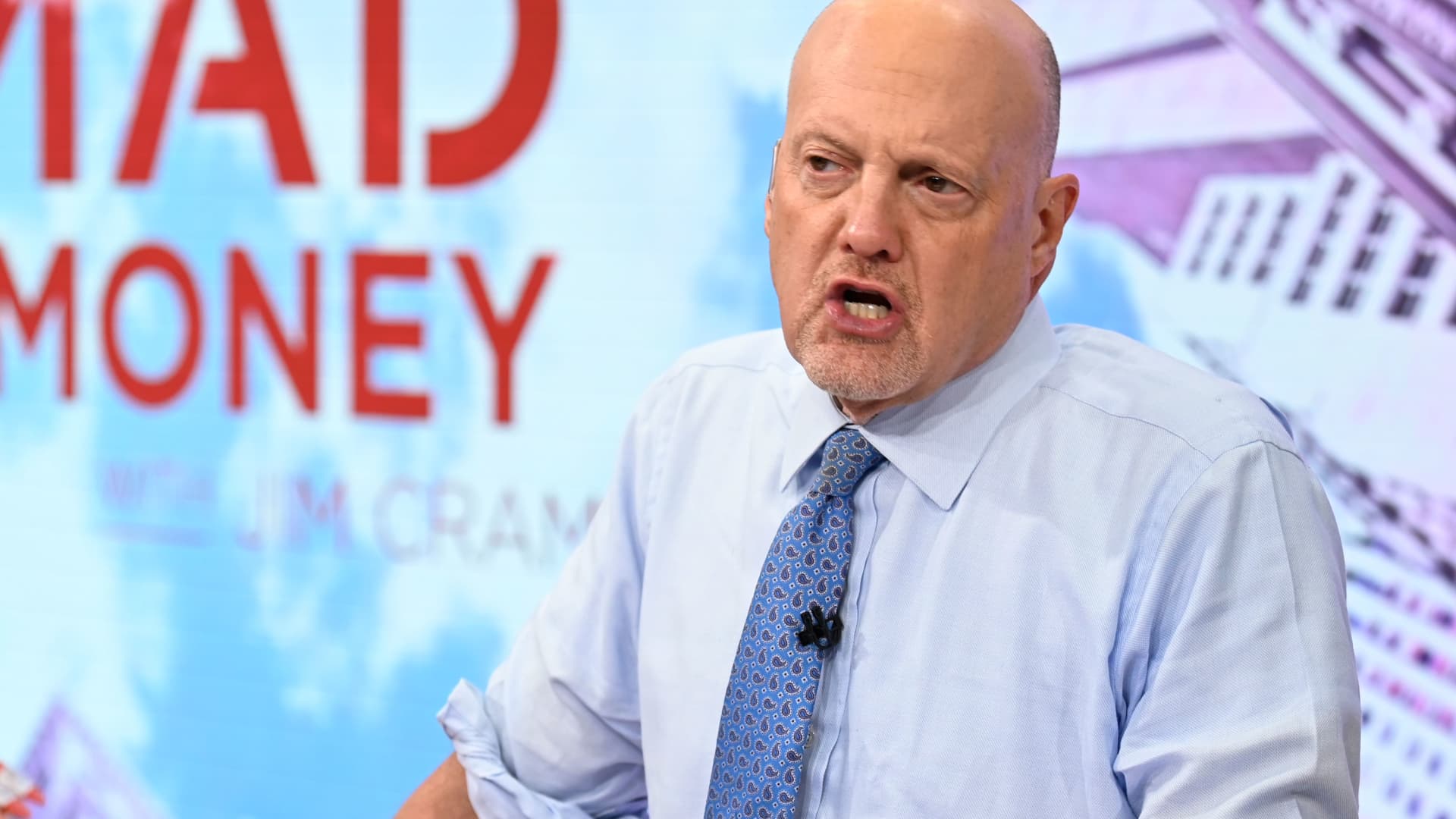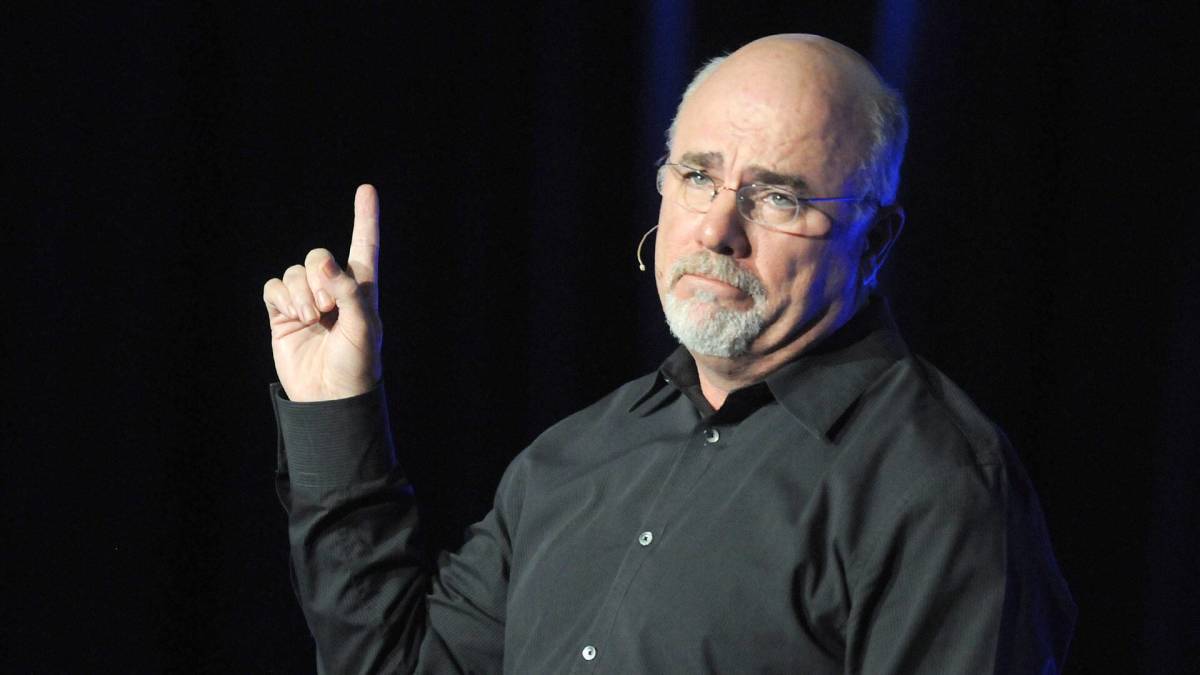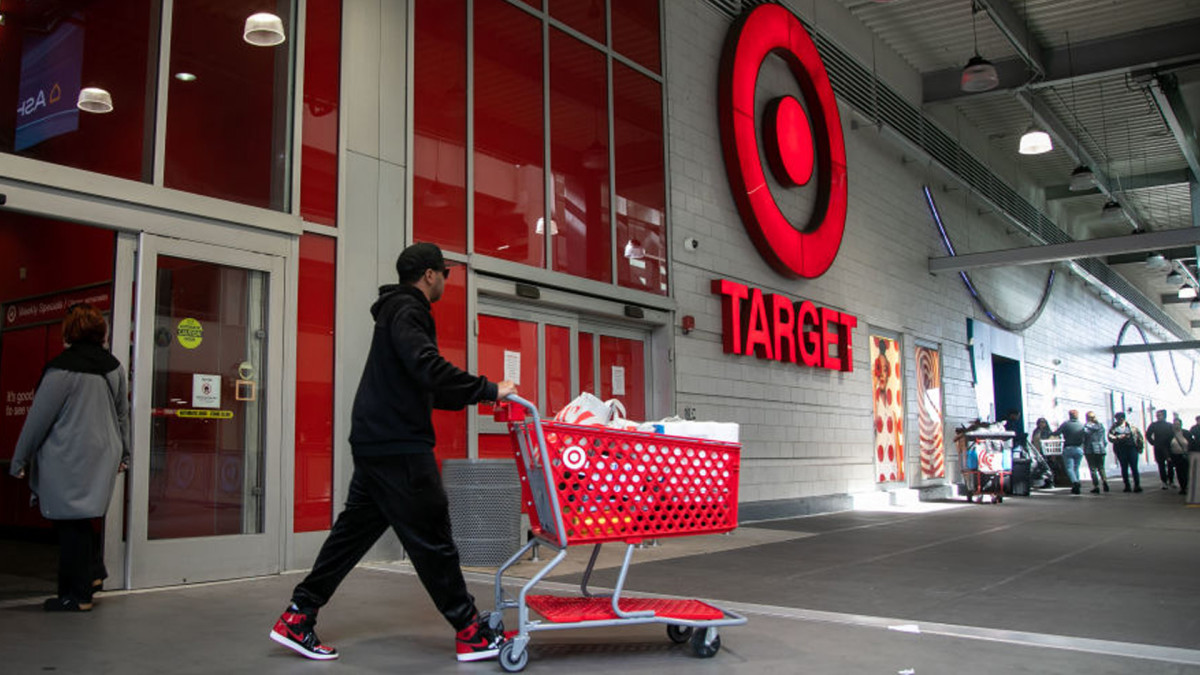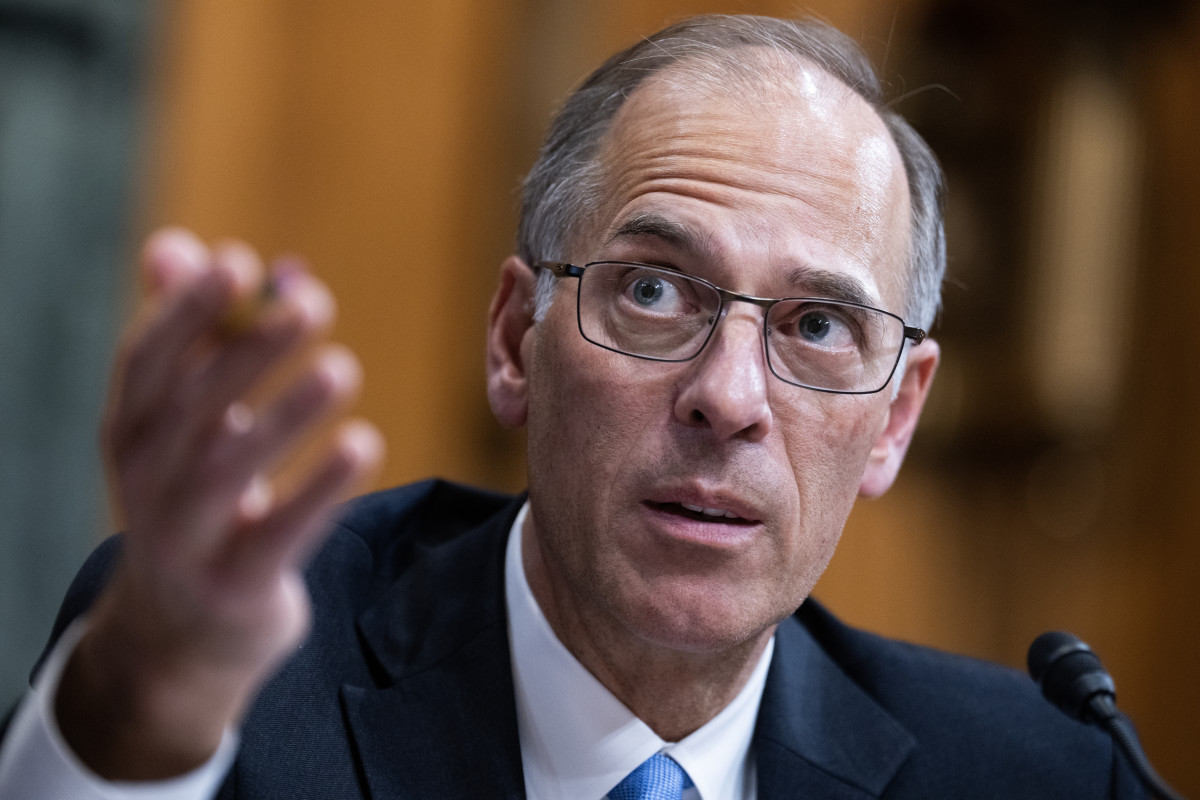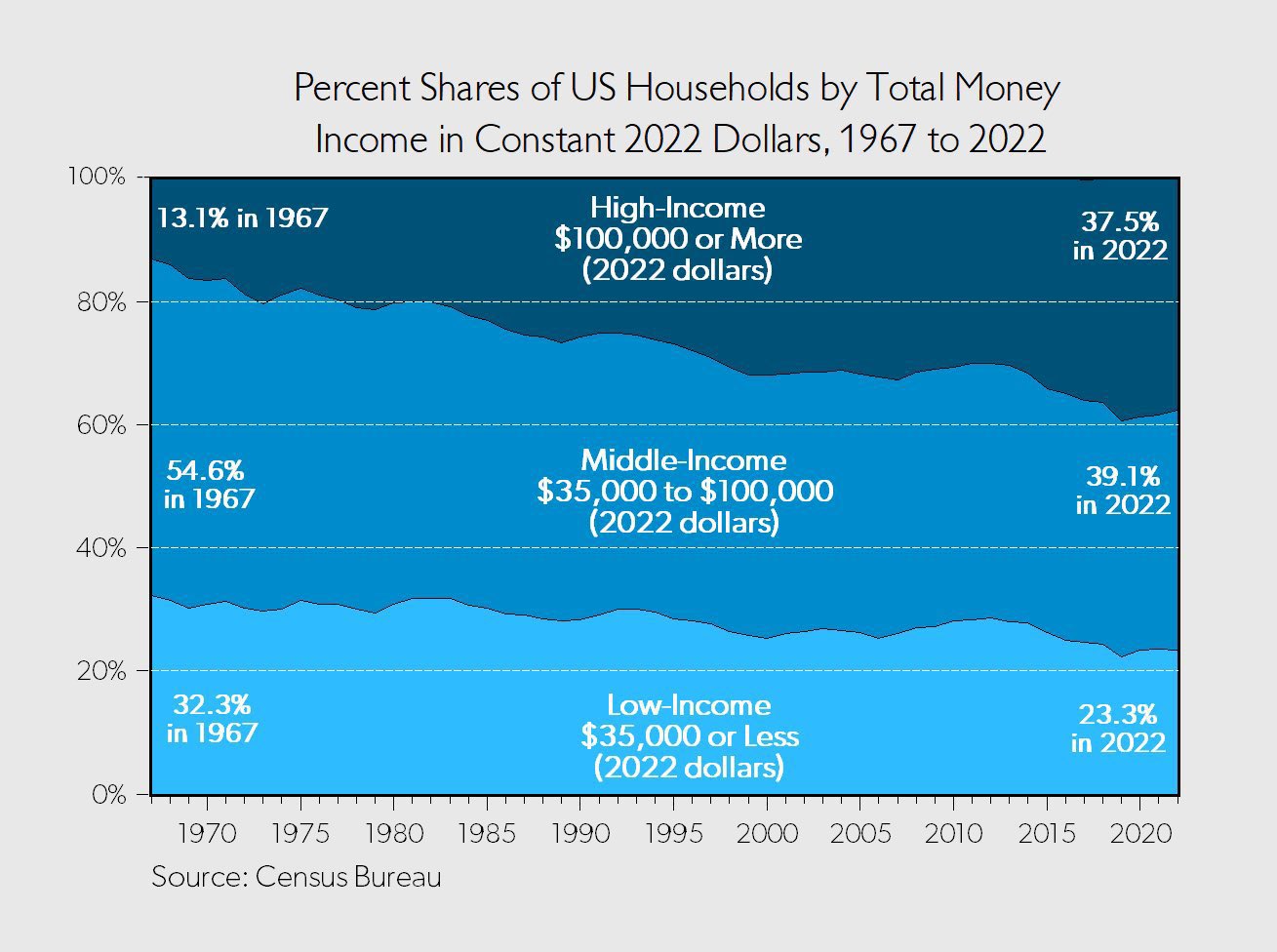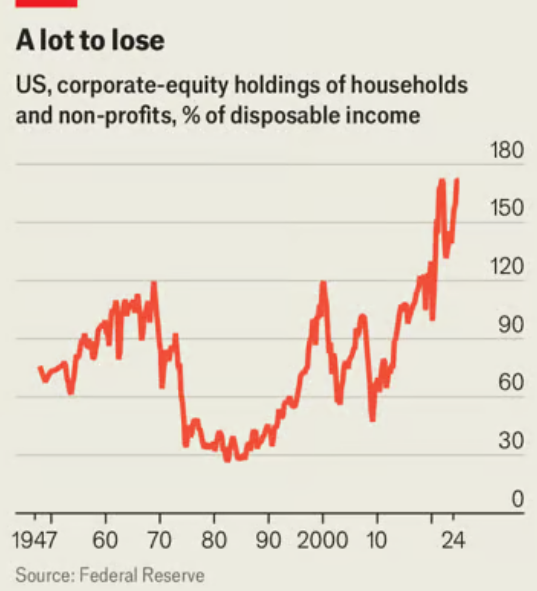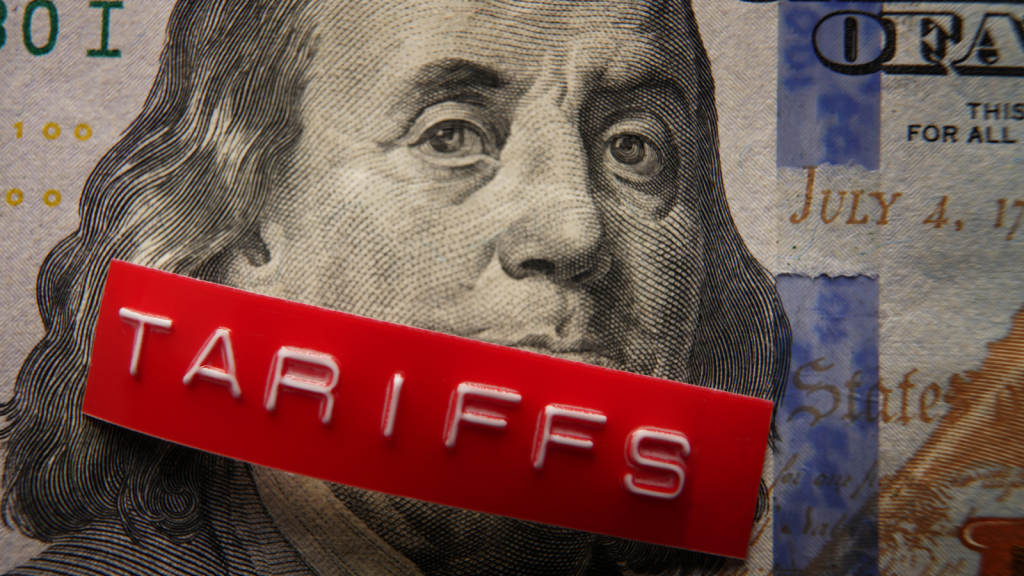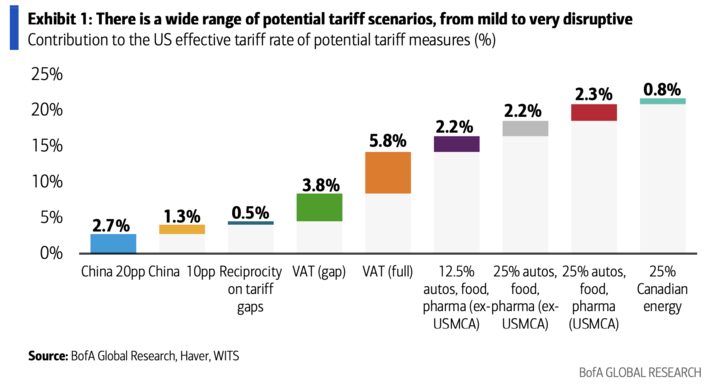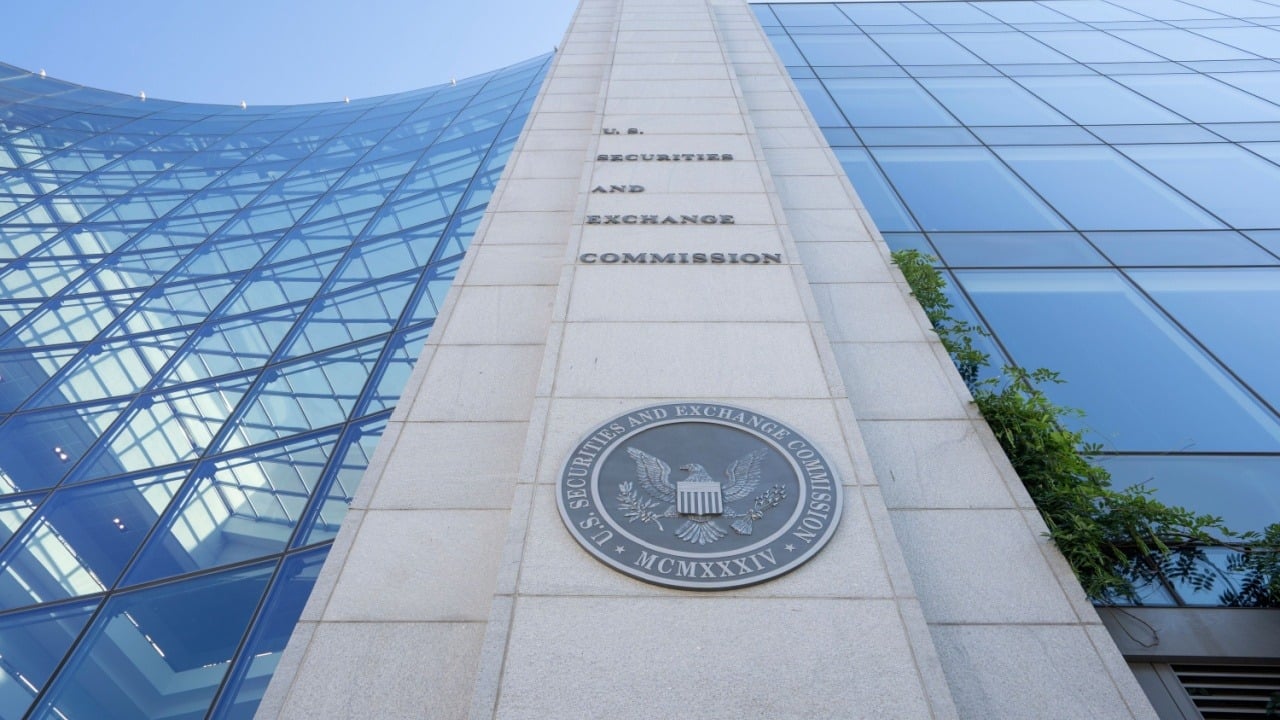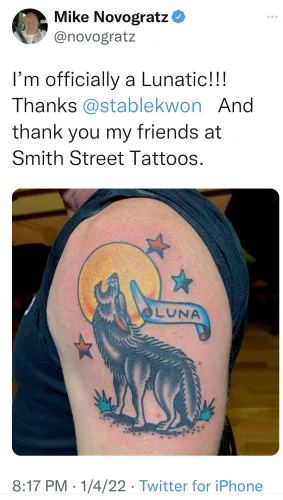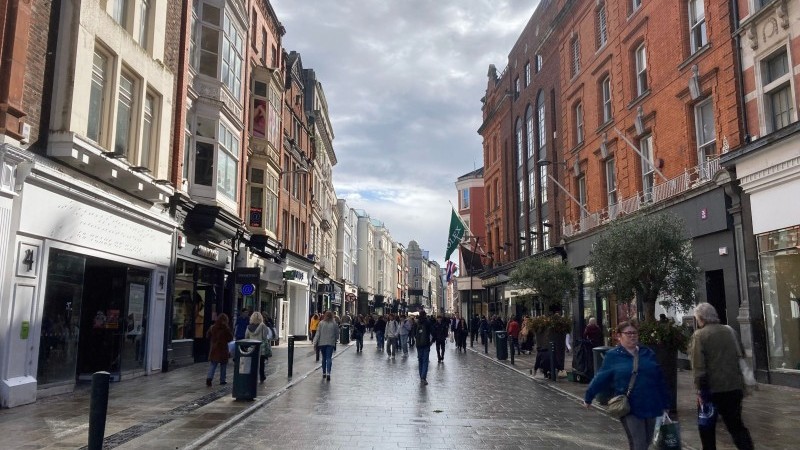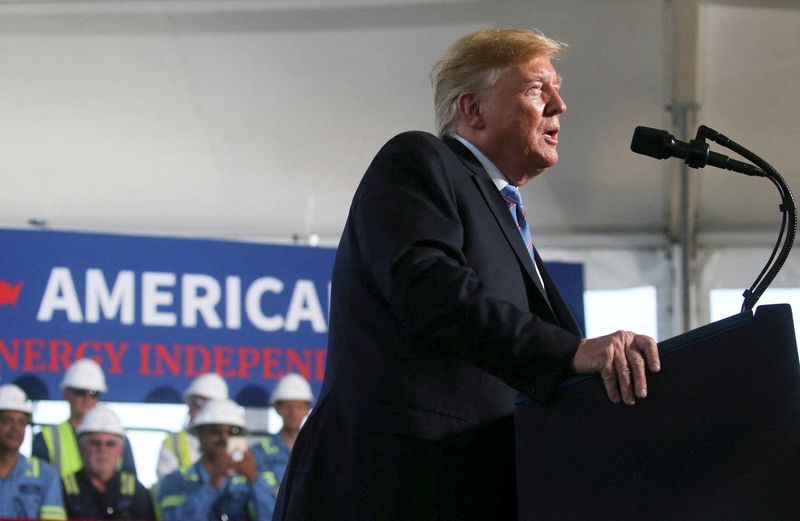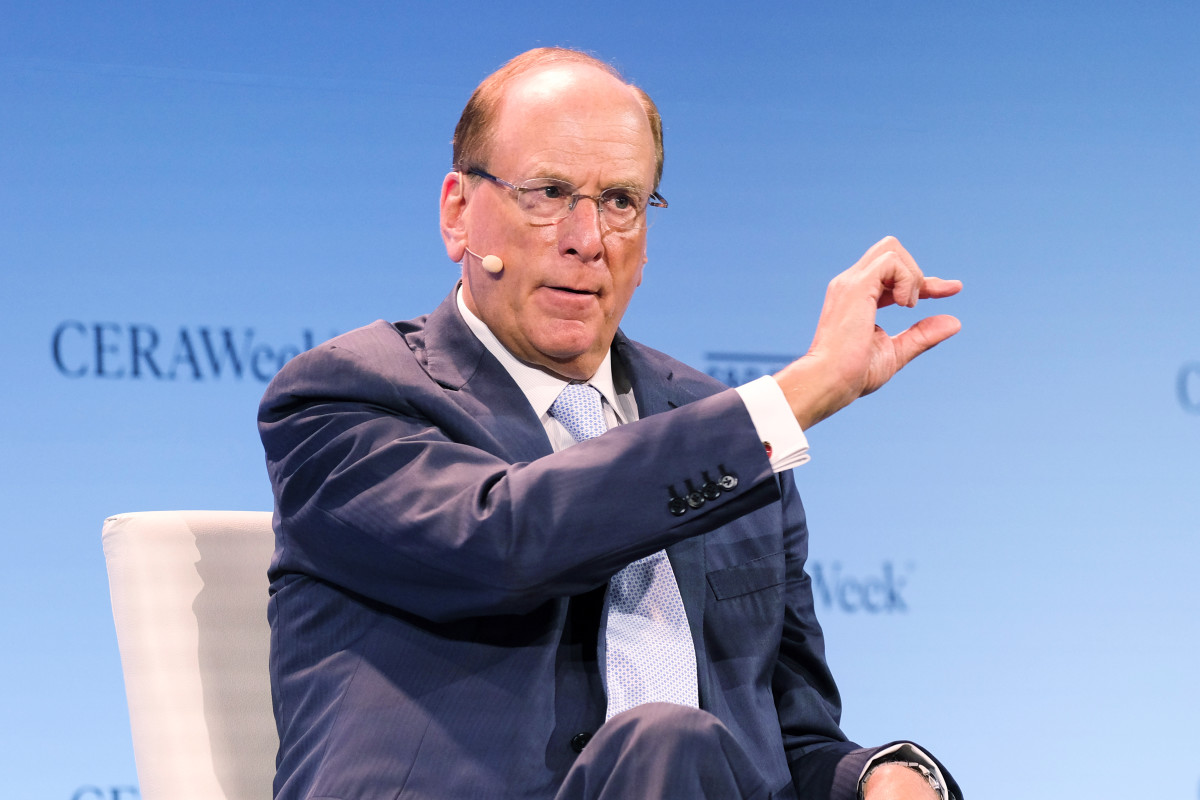Massive big box retail chain closing locations (here's the list)
One of the biggest retailers in the world is not immune to the problems hitting some of its competitors.

If you're not growing, you're dying has long been a saying in retail.
It basically means that complacency can kill your business. That can take a lot of forms.
Related: Iconic retail brand closing stores nationwide for good (locations revealed)
In many cases, it shows up when a successful retailer assumes that what works today will work tomorrow. We've seen lots of examples where a successful retailer captures a trend but can't find the next big thing.
Some chains, like Gap, True Religion, and Forever 21, would capture the zeitgeist for a moment but not be able to evolve with the market. It's actually incredibly challenging to build a business around trendy products, and that's why both True Religion and Forever 21 have faced bankruptcy with only the jeans company surviving.
Broader chains, however, must also evolve to survive. Target, for example, has been a hot retailer that can do no wrong, and it has also been a company facing boycotts and negative customer reactions.
Staying on top requires making incredibly tough choices, and that can sometimes involve successful retailers having to close stores. Image source: Tim Boyle/Getty Images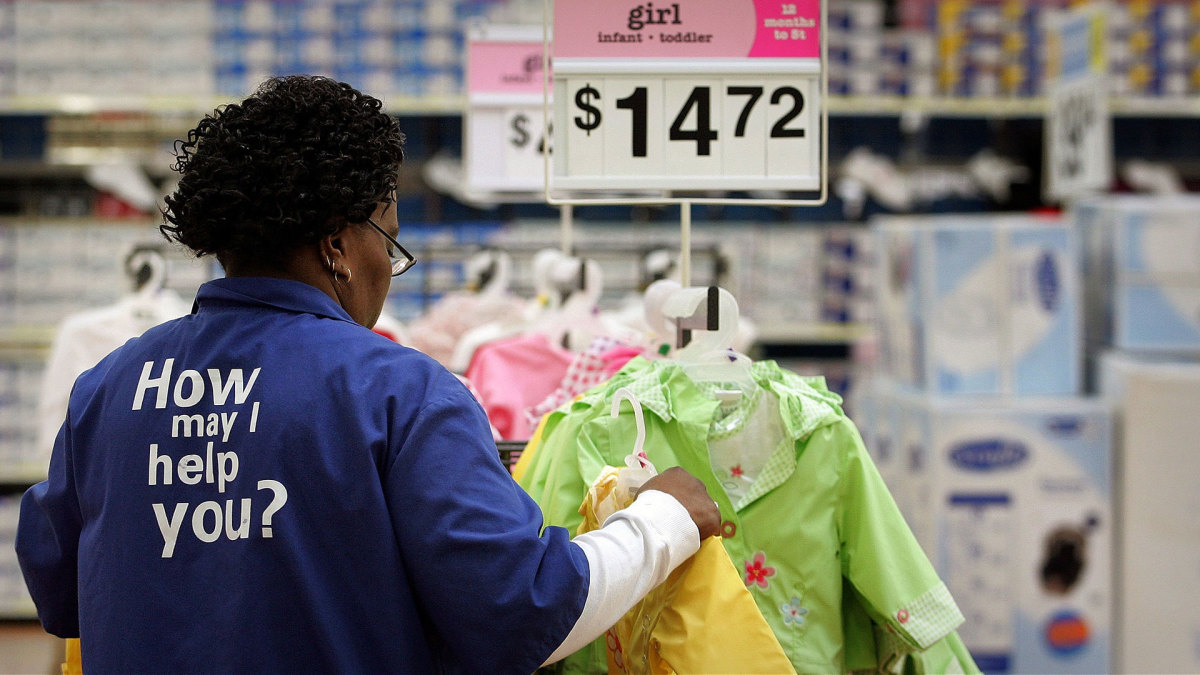
Walmart closing multiple stores
Closing locations isn't always a sign of failure. Sometimes, it's just good management.
Starbucks, for example, closes a few hundred stores every year or two. In most cases, that's because of population shifts or other similar changes.
If an office building near the coffee giant closes, that might make the potential foot traffic too low to justify the location. In other cases, moving the store to a nearby location makes more economic sense.
More Retail:
- AT&T quietly issues stern warning to customers
- Sam’s Club makes a big change to a beloved membership perk
- GameStop announces risky move amid store closures
Carefully managing your store base, even when you're a market leader, is simply a necessary part of business. Walmart (WMT) does not close stores often, but it does make the hard choices when needed.
Here's the list of Walmart stores that will be closing:
- Dunwoody, Georgia - Ashford Dunwoody Road
- Marietta, Georgia - Walmart Neighborhood Market on Roswell Road
- Towson, Maryland - 1238 Putty Hill Ave.
- Columbus, Ohio - 3579 S. High St.
- Milwaukee, Wisconsin - 7025 W. Main St.
- Aurora, Colorado - 10400 E Colfax Ave.
- San Diego, California - 2121 Imperial Avenue
- El Cajon, California - 605 Fletcher Parkway
- West Covina, California - 2753 E. Eastland Center Dr.
- Fremont, California - 40580 Albrae Street
- Granite Bay, California - 4080 Douglas Boulevard
Walmart closed all of its 51 Walmart Health locations in 2024. The retailer has also trimmed its grocery chain while it has begun an expansion of its Sam's Club warehouse club chain.
Walmart has posted strong results
Walmart CEO Doug McMillon did not comment on the 2025 store closures. It closed a similar number of locations in 2024.
McMillon did share that his compan't performance has been incredibly strong.
"We finished the year with another quarter of strong results. Our associates are doing a great job serving our customers and members. For the quarter, we had sales growth of5.2% and adjusted operating income was up 9.4% in constant currency. We continue to gain market share across countries and income levels," he sahred during Walmart's fourth quarter earnings call.
Walmart had growth in transaction counts and unit volumes across the world.
"As we look at our results for the quarter and the year, we're pleased to see, first, a healthy top line. We're strengthening our ability to serve people how they want to be served in the moment. That's what's driving our growth," he added.
Related: Lululemon CEO sounds alarm on unexpected customer behavior
McMillion sees the formula as fairly simple.
"Our prices are low, and we're becoming more convenient. Customers are shopping with us more often and buying more items," he added.
He also made it clear that the chain has significant room to evolve.
"Second, we're growing profit faster than sales, and we have runway to scale our higher-margin businesses like membership, marketplace, and advertising. We're mixing ourselves up while simultaneously investing in lower prices and associate wages," he added.





















